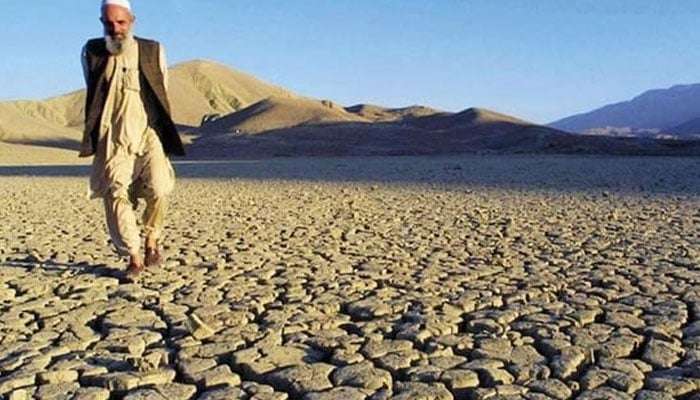
Quetta’s Battle for Survival, Confronting Climate Chaos and Urban Growth
The capital city of Balochistan, finds itself at a crossroads as it grapples with the daunting challenges posed by climate change and rapid population growth. Among the most pressing issues is the alarming water scarcity, exacerbated by the region’s arid climate and lack of sufficient rainfall. Over time, the city’s underground water tables have depleted, posing a serious threat to the well-being of its residents and the delicate balance of local ecosystems. Inefficient water management practices, outdated irrigation systems, and uncontrolled extraction have only worsened the problem.
Climate change, too, has cast a shadow over Quetta. Unpredictable rainfall patterns have become the new norm, with infrequent but intense downpours flooding the city streets, earning the moniker “raining cats and dogs.” Unfortunately, due to inadequate infrastructure and lack of water harvesting mechanisms, much of this valuable rainwater goes to waste, further compounding the water scarcity issue.
In tandem with climate change, Quetta faces the consequences of rapid population growth. As people flock to the city in search of better opportunities, its resources and infrastructure are stretched to their limits. Essential services such as water supply, sanitation, and transportation struggle to keep up with the burgeoning population. The lack of urban planning and inadequate resource allocation have amplified the challenges, turning the dream of a better life into an arduous reality for many residents.
Fundamental to addressing Quetta’s woes is the urgent need for sustainable solutions. Among the potential remedies lies rainwater harvesting—a technique that captures and stores rainwater during heavy downpours. By adopting this practice, the city can accumulate a reserve of water that would be invaluable during dry spells and mitigate water scarcity.
Modernizing water management practices is equally crucial. Implementing improved irrigation systems and recycling water can optimize usage and minimize wastage, providing some relief to the strained water resources.
However, to truly overcome these challenges, local government must prioritize sustainable urban planning. Investing in well-designed infrastructure and green spaces can alleviate the pressure caused by overpopulation and contribute to a healthier living environment for its residents.
Public awareness and education will play a pivotal role in fostering a culture of responsible water consumption and sustainable living. By raising awareness about the consequences of climate change and the importance of conserving resources, the community can take collective action toward a more sustainable future.
Additionally, government initiatives are vital in tackling these issues on a broader scale. Policy reforms and targeted investments in infrastructure and environmental conservation can pave the way for meaningful progress.
In conclusion, Quetta stands at a critical juncture in its history, facing the twin challenges of climate change and rapid urbanization. The city’s ability to combat water scarcity, adapt to unpredictable rainfall patterns, and manage population growth will determine its future. By embracing sustainable solutions and fostering a sense of responsibility among its residents, Quetta can overcome these hurdles and forge a path towards a more resilient and prosperous tomorrow. The time to act is now, as preserving the city’s resources, protecting its environment, and ensuring a high quality of life for its citizens require immediate and concerted efforts.